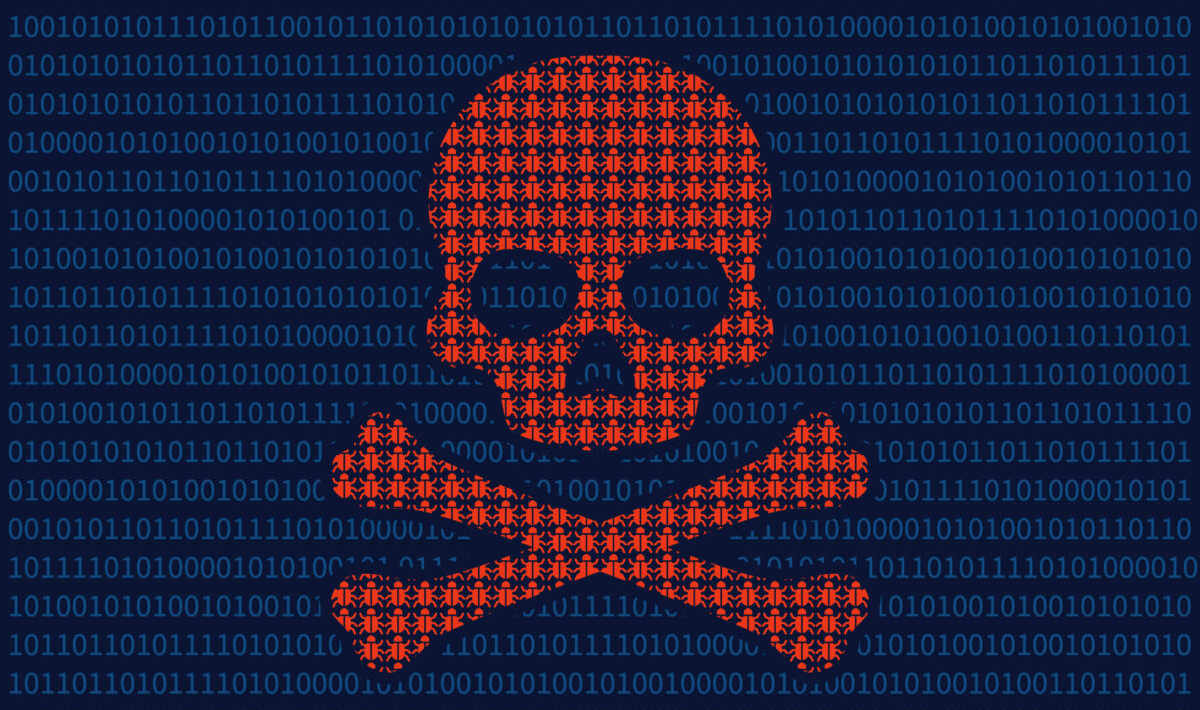Each year, or perhaps even each month hackers find new weaknesses to exploit and new ways to find out people’s personal information and sensitive data. This is Why Everyone Needs to Understand Cybersecurity.
This is used to extort money, siphon off funds, perform identity theft, and damage your files and computer. Understanding cybercrime is an important part of using the internet so you can protect yourself.
Table of Contents
What is Cybercrime?
Any crime involving a computer could be described as cybercrime. This doesn’t mean physically stealing a computer although, as you will read below, they can be hijacked. Cybercrime is a computer-oriented criminal activity that often involves gaining access to a victim’s device or network through hacking, viruses, or stolen login details.
Who are cybercriminals?
They can range from individuals to organized criminal gangs. Cybercriminals operate from all over the world and have different goals. They use emails and fake websites to phish your information. Keyloggers, viruses, and ransomware. These viruses take on many forms and criminals are continually writing new ones. These are just a few of the tools used by hackers to gain access to your money and data.
Who do they target?
Individuals, organizations, and corporations including financial institutions. A determined hacker may attack a large corporation or network to gain access to usernames and passwords but the most common attacks are made against individuals.
Ransomware and scareware are two ways that home users can be targeted. This involves infecting the victim’s device with a virus which then locks access to files and software until a ‘ransom’ is paid. Businesses can be targeted with this type of software too and it quickly spreads through a network, effectively crippling it.
Scareware works slightly differently in that it tries to frighten you into paying. This can take the form of fake antivirus software or even an official-looking message from law enforcement. The messages will say that you have been infected with a virus and must pay to update your software or perhaps that you have been carrying out illegal activities and must pay a fine.
What are they looking for?
Some hackers mean no harm and look for access into networks belonging to NASA and government departments because they believe there is proof of UFOs or other conspiracies. Unfortunately, most of these people and gangs are trying to rob you.
They might be targeting login details or credit card and bank details, whatever they are trying to find the ultimate goal will be access to your funds. This comes from draining your accounts, setting up fake accounts in your name, gaining credit with your ID, or simply blackmailing you into handing over money.
Online extortion is a troubling area that has targeted many teens and threatened to embarrass them publicly with videos and photos unless they send money to the criminal. Sadly, this crime has led to victims committing suicide due to ongoing threats.
Is it just my computer I need to protect?
No, cybercriminals target any device that links to the internet. Gaming consoles are vulnerable and there have been many cases of hackers stealing login details and performing DDoS attacks. VPNs can protect your gaming from attacks. Trojans can be placed in loot boxes and some big gaming servers have been hacked for login details including Zynga and the forum for Dota2.
How can you protect yourself?
Cybersecurity experts have any suggestions for business and home users. These people have a cybersecurity bachelor’s degree which means they have studied this area for years and are now actively working to stop hackers. The following areas are some of the things to watch:
Passwords
Update your passwords regularly using strong passwords that do not involve birthdays or other personal information. Try not to leave your apps or websites logged in on any device. You may think that your laptop is used only by you but what happens if you have a burglary and your online banking is logged in?
Emails and downloads
Be careful of what you put on your device. You may think you are only downloading a free app but it may come with some interesting extras from spyware to viruses. Emails should be opened with caution. If you receive an email from FedEx for example and you know you have no deliveries from them then it could be a phishing email or even contain a virus.
Social media
This is an area where most people don’t realize how much they reveal on these platforms. For instance, there are games on Facebook that will give you your movie star name. They often involve things like using the name of your first pet and your mother’s maiden name. Lots of people like these games and duly post the information and forget about it. If you do this you have just publicly posted 2 of the most common security question answers.
Use protective software
Install antivirus, a VPN (Virtual Private Network), turn on your firewall, and keep your software up to date.
Summary
According to the Insurance Information Institute ID theft and fraud is on the rise. Although there remains this continual threat there are ways to protect yourself. Qualified cybercrime specialists can help your business and if you are a home user look to protect your data with security tools and strong passwords.





